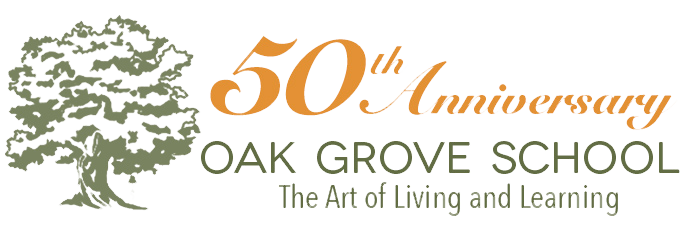Why Every Educator Should Revisit J. Krishnamurti
The June 2022 issue of India’s respected magazine, Education World, dives into the importance and relevance of Krishnamurti’s teachings and his global impact on school students and adults alike.
Below is an excerpt from Education World’s website.
The 127th birth anniversary of philosopher, seer and educationist J. Krishnamurti (1895-1986) came and went on May 11 with muted, if any, celebrations. Even on the tranquil, verdant six-acre Vasant Vihar campus of the Krishnamurti Foundation India (KFI) in Chennai, and presumably in Krishnamurti foundations established in Britain, USA and Spain.
Nor was the birth anniversary of this visionary sage celebrated in any of the six centres and high-ranked primary-secondary schools with an aggregate enrollment of 2,000 students mentored by 270 highly qualified teachers established by KFI countrywide. That’s because during his long life span in which he delivered public discourses, engaged in discussions with teachers, students, Vedantists, Buddhists and other religious seekers, and gave press and radio interviews and his own writings which were edited and compressed into 80 books and 17-volumes covering philosophy, education and art of living, JK (as he was popularly known) repeatedly emphasised that the message rather than the messenger was important.
“What is said, is important, not the person. It is like if you have a telephone, you don’t give importance to it, you keep it clean, but what is said through the telephone becomes all important. Similarly, the person who is speaking here is not at all important. I would like to point this out over and over again,” said Krishnamurti, who during his lifetime consistently discouraged ardent followers to raise him to the status of a guru or cult figure.
The trustees of the Krishnamurti Foundation India (regstd.1928) have assiduously respected the philosopher’s wish. Although KFI’s arboreal Vasant Vihar campus sited in Chennai’s upscale Adyar suburb hosts the administrative office of KFI-cum-study centre where JK delivered discourses on education, living and spiritualism for over half a century, a book shop and JK’s carefully preserved bedroom sporting sepia photographs, statues and sculptures in his form and shape are conspicuously absent. A single rock formation in the central garden marks the spot where Krishnamurti delivered discourses for over half a century.
“The prime objectives of KFI are dissemination of JK’s teachings to the general public; acquiring, preserving and publishing his works and materials relating to life, education and research; rural upliftment activities including education, village health and livelihood programmes; promoting afforestation, water conservation and eco-friendly practices, and conducting cultural and humanitarian programmes in the light of Krishnamurti’s teachings. We practice what he preached in our six study centres which include five co-ed boarding schools and a day school in Chennai. Essentially, JK believed that children need holistic education, defined as continuous development of the intellect and preparation for transforming into good human beings living orderly lives in harmony with people and nature. This is his teaching that we are striving to keep alive through the foundation, our schools and study centres,” says Vishwanath Alluri, a former chartered accountant-turned-serial technopreneur (IMI Mobile Plc and IMI Software Pvt. Ltd). In 1995, Alluri experienced an epiphany during a visit to KFI’s Rishi Valley School and was deeply impacted by JK’s education philosophy and teachings. In 2014, he profitably exited his businesses and committed himself to propagating Krishnamurti’s “harmonious nation-building education philosophy”. In 2021, Alluri was appointed trustee-secretary of KFI.
The KFI trustees have been fairly successful in keeping JK’s teachings and legacy alive during the past 36 years since he passed away. KFI’s Chennai campus is open to visitors from 9.30 am to 5.30 pm (Tuesday-Sunday) for studying JK’s published works and viewing video talks delivered on myriad subjects and receives 300 footfalls per week.
Further in the article, Oak Grove’s Head of School, Jodi Grass, is quoted as:
“JK’s message, which addresses the basic human experience, is as alive and relevant today as it has ever been. His teachings suggest there is no way or blueprint to achieve our mission of honouring each student’s innate intelligence. We approach his intent, therefore, with openness and inquiry, opportunities for self-reflection, silence, pure observation, physical and psychological space, exploring our relationship with nature, ourselves, others, and the world. All this could be seen as within the realm of understanding, as a way to awaken the individual child’s perfect intelligence.”



